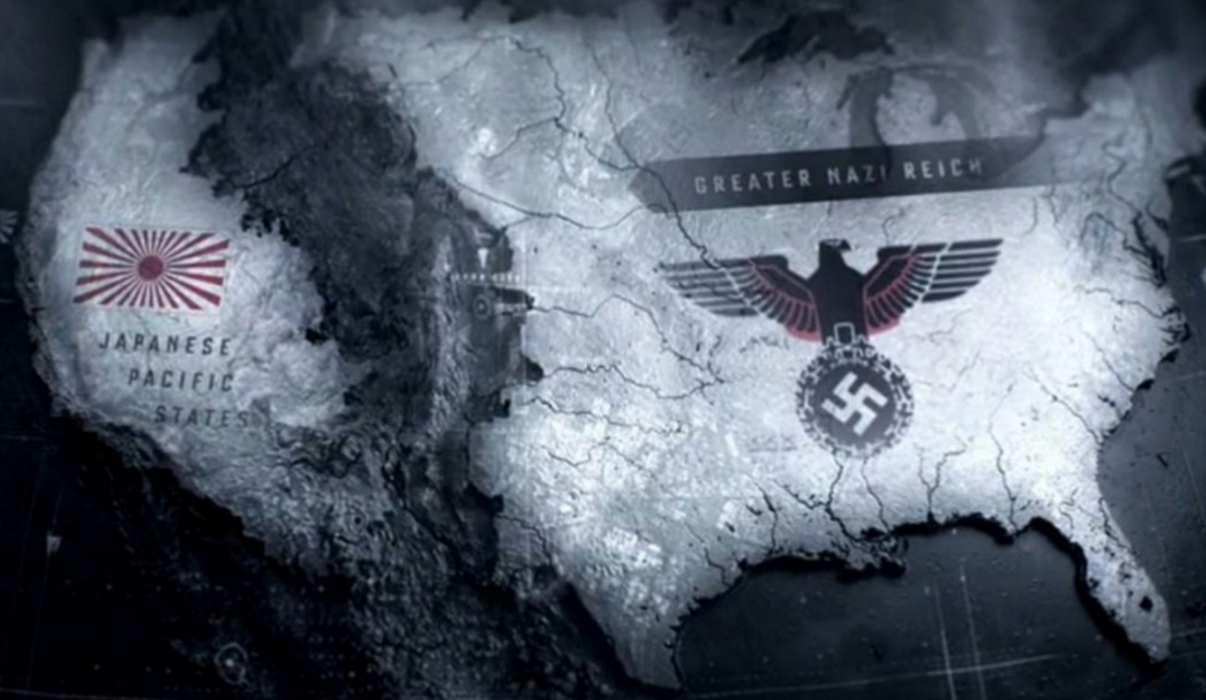Generally, we Americans are quite proud of our overall military history. Yes, there’s discontent and guilty consciences about Vietnam and our recent incursions into the Middle East, but even in these feelings there seems to be a presumption that America can defeat anyone, we just shouldn’t do it as much.
These memes give you a sense of our cynical, mixed feelings over our military might:



Yes, America will liberate you – even if you don’t want to be. Or so goes the joke.
But should we be so cynical about our military strength or even our position in the world?
Over the course of our imperfect history, we’ve been victorious when it counts. Since the British sacked and burned the White House in the War of 1812, it wasn’t until the advent of Soviet nuclear missiles that our homeland was seriously threatened by external foes. We’ve never experienced bombings, invading soldiers, and death and starvation like much of the world experienced in the 20th century. When we have lost, such as in Vietnam or even Iraq, we were able to withdraw, leaving the destruction and bloodshed behind. Yes, we lost blood and treasure, but it was always “over there” and we often told ourselves that, “we could have won if we wanted to stay.”
But with Amazon turning Philip K. Dick’s The Man in the High Castle into a streaming-video series, the question of, “What if we lost the big ones?” confronts many of us.
What if the Nazis had developed “The Bomb” before us? What if the Soviets won the Cold War? Those aren’t far-fetched questions.
More deeply, one wonders too if we have become arrogant in our assumption that we will always triumph when it counts. History is full of once great empires and armies. Are we like them? Have we come to see the world as a plaything, something that we can dabble with, but which can never harm our home? Do we go looking for dragons to slay? Even if we’re unhappy with recent foreign adventures, do we believe too much in our power?
When thinking about those questions, just consider the strange incongruity of individuals who denounced the Iraq War, yet call now for the destruction of ISIS.
A new generation of Americans will soon be taking on the mantle of leadership from their aging parents. There is certainly a generational gap between the two when it comes to foreign policy opinions, but there is still a common thread weaved between the two. How will the next generation of American leaders approach military power? Will they be able to see the importance of military power while also resisting the temptation to use it too freely? Or will the pendulum swing too far one way or the other?
















Leave a Comment
Your email address will not be published. Required fields are marked with *